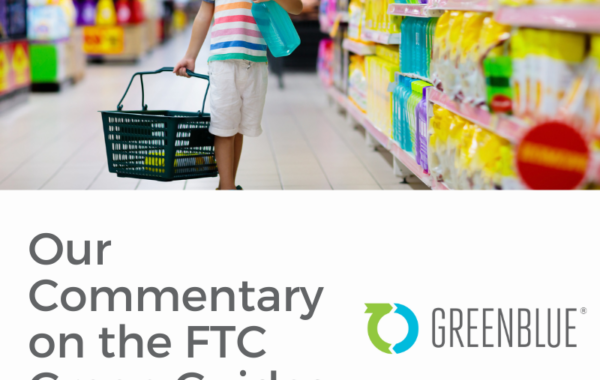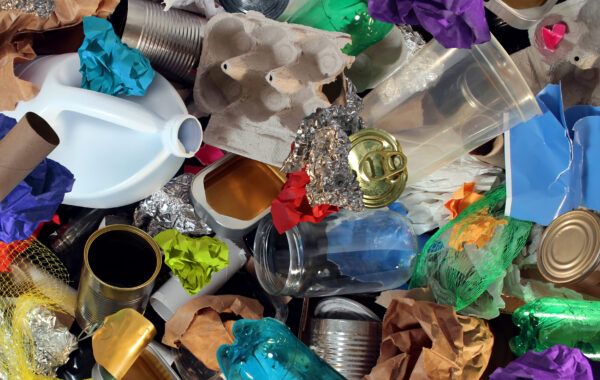August 19, 2020
The Recycled Material Standard (RMS) has moved from development phase into pilot testing – and the timing couldn’t be better.
The recent release of Breaking the Plastic Wave by the Pew Charitable Trust has made it clear that there is no single solution for preventing plastic pollution. The study provides a comprehensive assessment of multiple interventions that will be necessary to turn the tide. Using “wedges” to illustrate various solutions, the study shows the relative impacts of source reduction, material substitution, recycling, and disposal strategies necessary to minimize the volume of mismanaged materials.
There is a need to double mechanical recycling capacity globally, and to significantly increase chemical recycling solutions that offer plastic-to-plastic conversion. The Recycled Material Standard (RMS) will play a critical role in advancing the use of recycled materials.
The RMS will be the most comprehensive certification standard available. While initially focused on plastics in North America, we are establishing a framework that will be expanded to other material categories (e.g. paper or glass), other sectors beyond packaging (e.g. consumer goods, building products or automotive) as well as other regions.
The standard defines chain of custody requirements to assure accuracy and transparency of claims across the full value chain. It allows for claims to be made using the classic average percentage method as well as the mass balance approach for making claims.
The RMS will also introduce a revolutionary credit based trading system referred to as the Attributes of Recycled Content (ARCs). The ARC system is focused on providing a finance mechanism to advance technology investment in both mechanical and chemical recycling facilities. To move recycling beyond business as usual, the standard includes a robust set of criteria modeled after additionality tests established for carbon trading. Companies purchasing ARCs will be able to demonstrate their support for investments in recycling technology.
After nearly 18 months of development with the support of NSF International and our multi-stakeholder Advisory Committee, we have recently moved into a pilot testing phase.
We are including participants across the value chain, starting with a material recycling facility, and extending to brands that use recycled content. Our approach to assembling participants has been very intentional. We’ve included companies using both mechanical and chemical recycling technologies, SPC members as well as non-member companies focused on sectors beyond packaging. We’ve also included participants that are certified to other standards so that we can identify synergies and, potentially, a means for mutual recognition.
You can see a list of the pilot test participants by visiting the RMS website.
We will share results of pilot testing during a panel presentation at the upcoming Virtual SPC Advance conference. We will then quickly move into a public review process where the standard will be released in its entirety for public comment from all interested stakeholders.
Anyone interested in participating in the public review may visit the RMS website and sign up for future notices.




